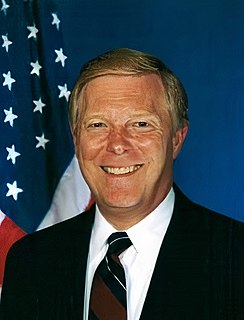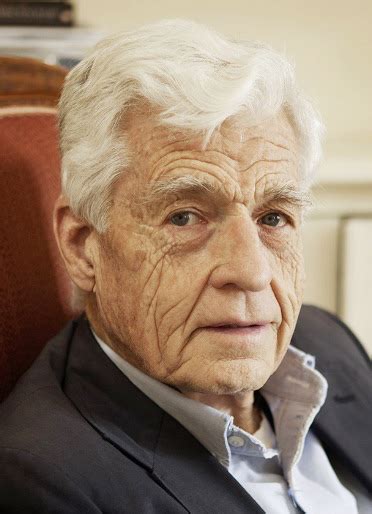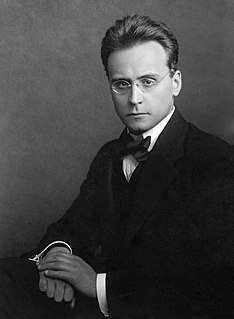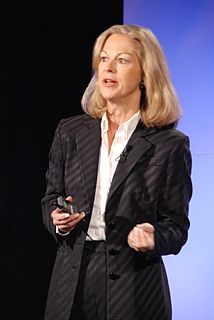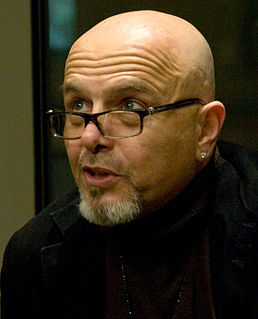A Quote by Deborah Kass
My work since the late '80s specifically questioned what was presented as the "natural" order of things in the history of post war NY painting.
Quote Topics
Related Quotes
I have a fairly unwieldy set of concerns that go into determining what I do in the paintings, such as the history of the decorative, patterns of cultural migration, Islamic art and design, Byzantine architecture, the annals of natural history, as well as contemporary painting. All of these things are filtered through my own sense of cultural urgency. How I proceed with the work has to do with how I respond to this instinctively chosen mass of materials. I'm weighing many things and making many decisions before I even get started on a painting.
I must study Politicks and War that my sons may have liberty to study Mathematicks and Philosophy. My sons ought to study Mathematicks and Philosophy, Geography, natural History, Naval Architecture, navigation, Commerce and Agriculture, in order to give their Children a right to study Painting, Poetry, Musick, Architecture, Statuary, Tapestry and Porcelaine. (12 May 1780)
Doing work which has to be done over and over again helps us recognize the natural cycles of growth and decay, of birth and death, and thus become aware of the dynamic order of the universe. "Ordinary" work, as the root meaning of the term indicates, is work that is in harmony with the order we perceive in the natural environment.
There were the events of 1968 when young people began to ask their parents, what did you do in the war? And since the middle- or late-'70s, the French have been absolutely obsessed with the Vichy regime. They have an institute of contemporary history that turns out first-rate scholarly work. Their textbooks are accurate. Whether the students actually read them is another matter.



